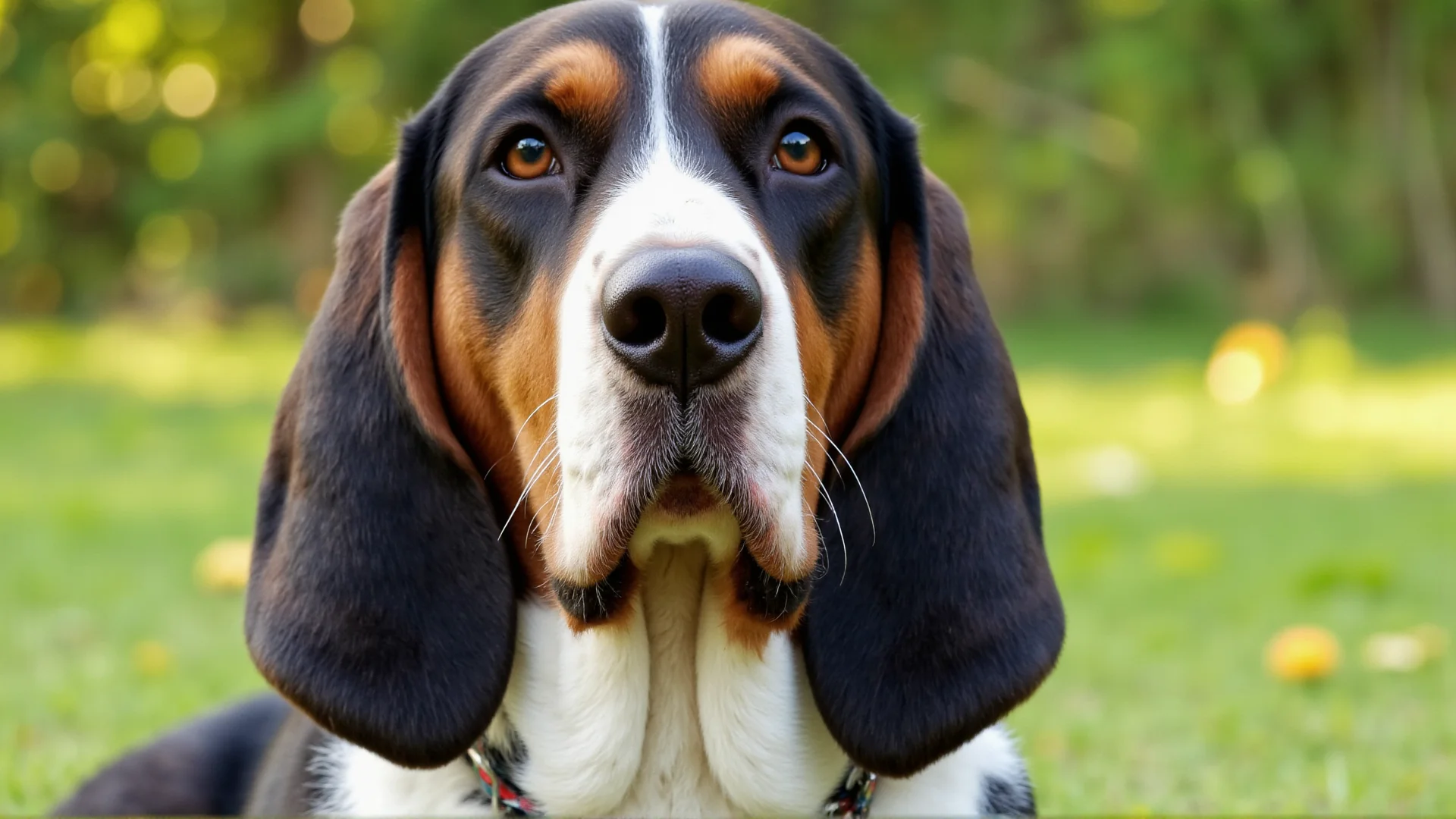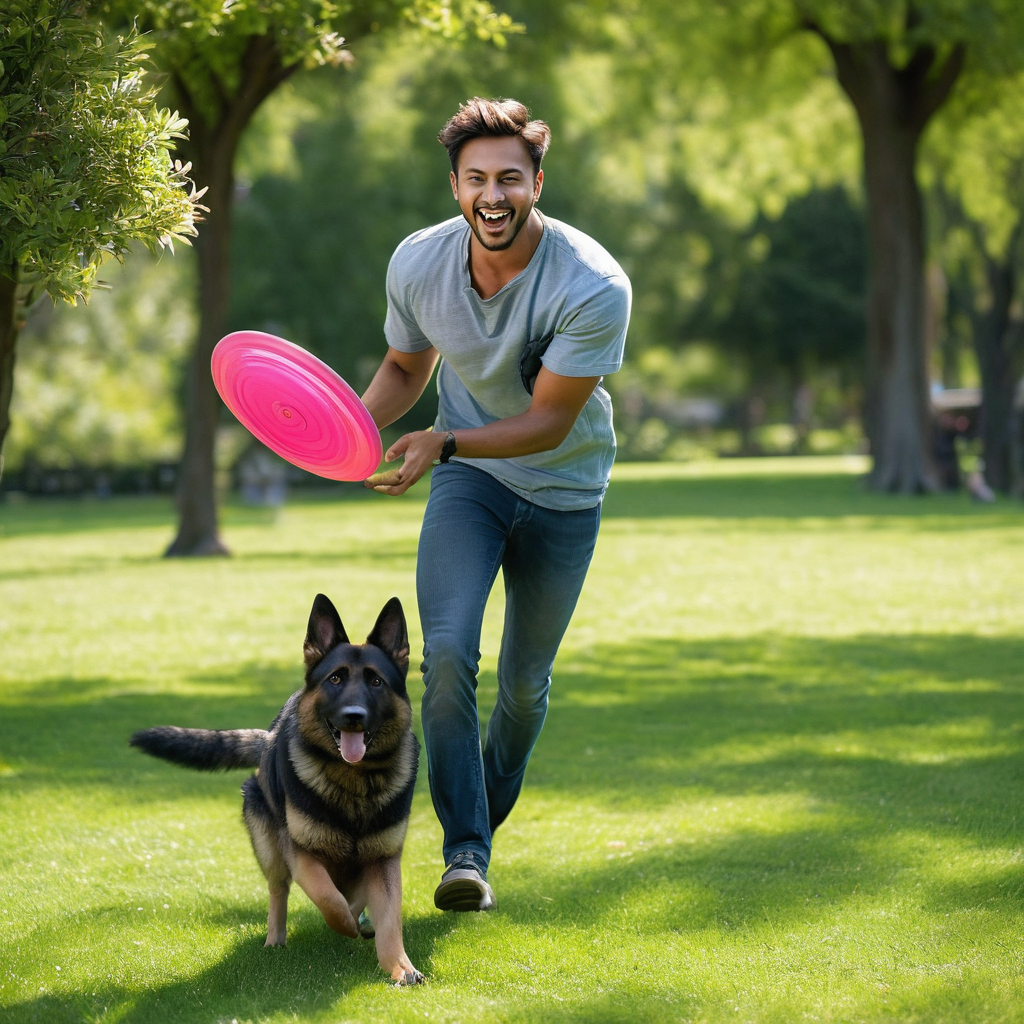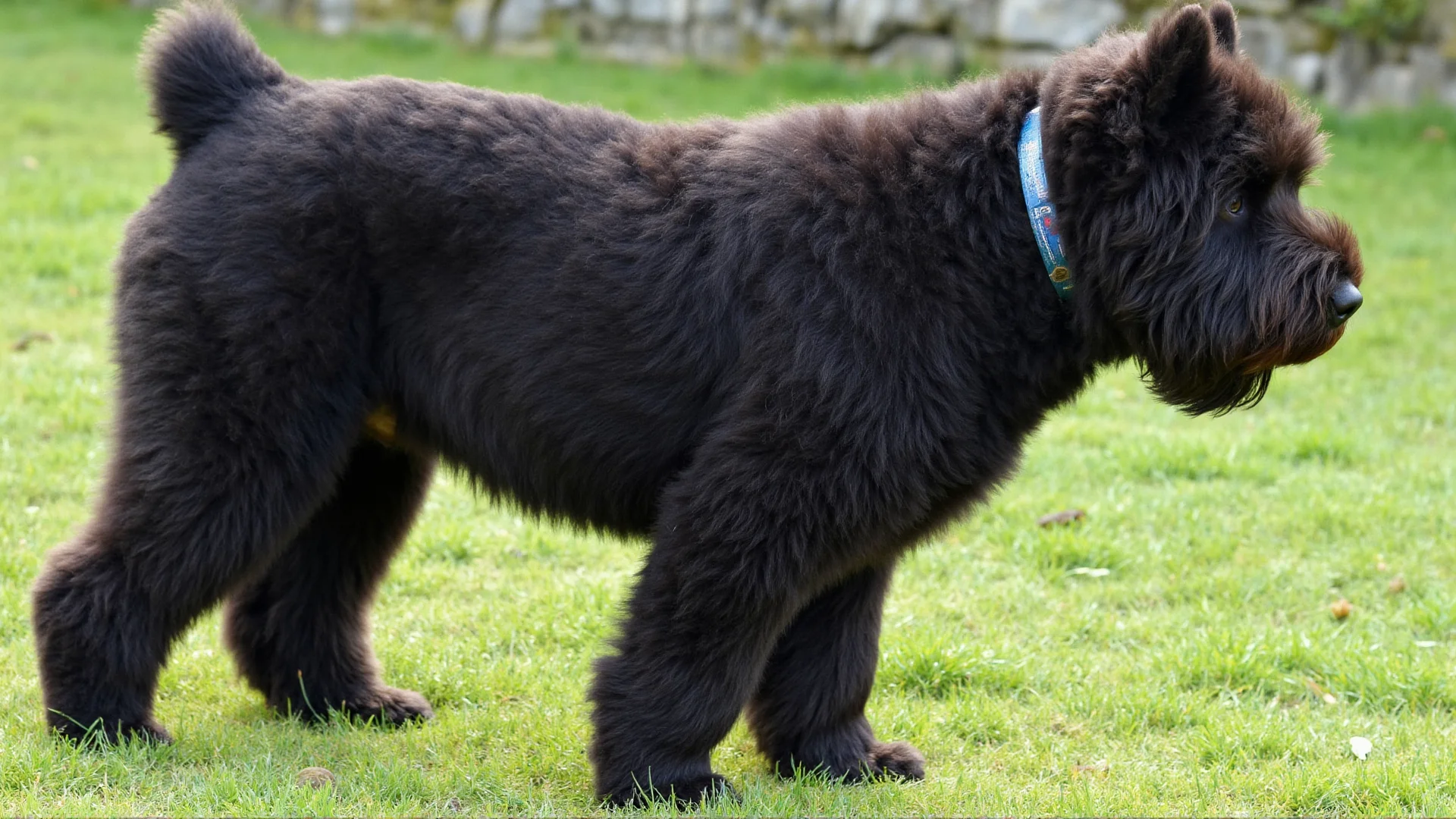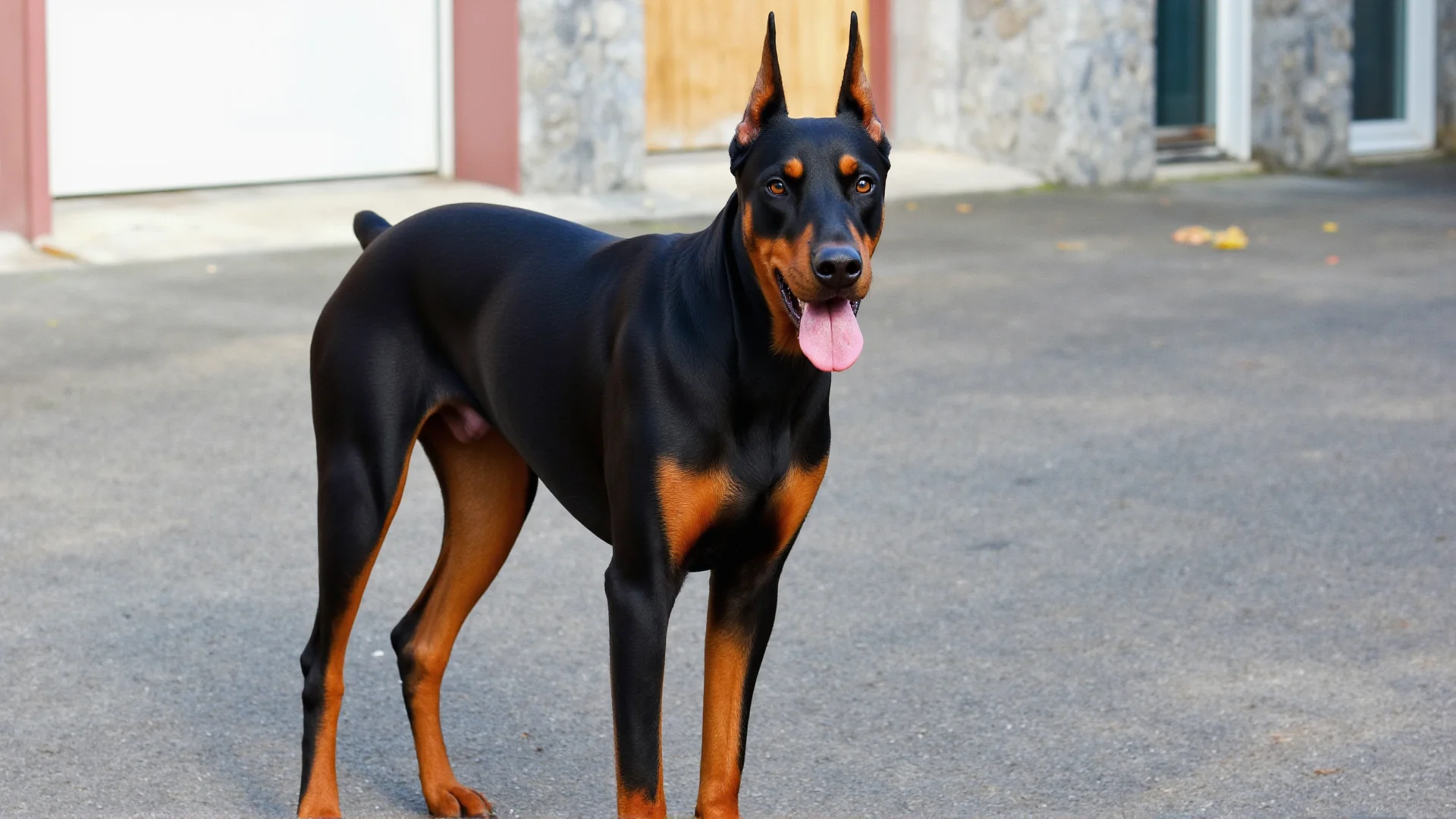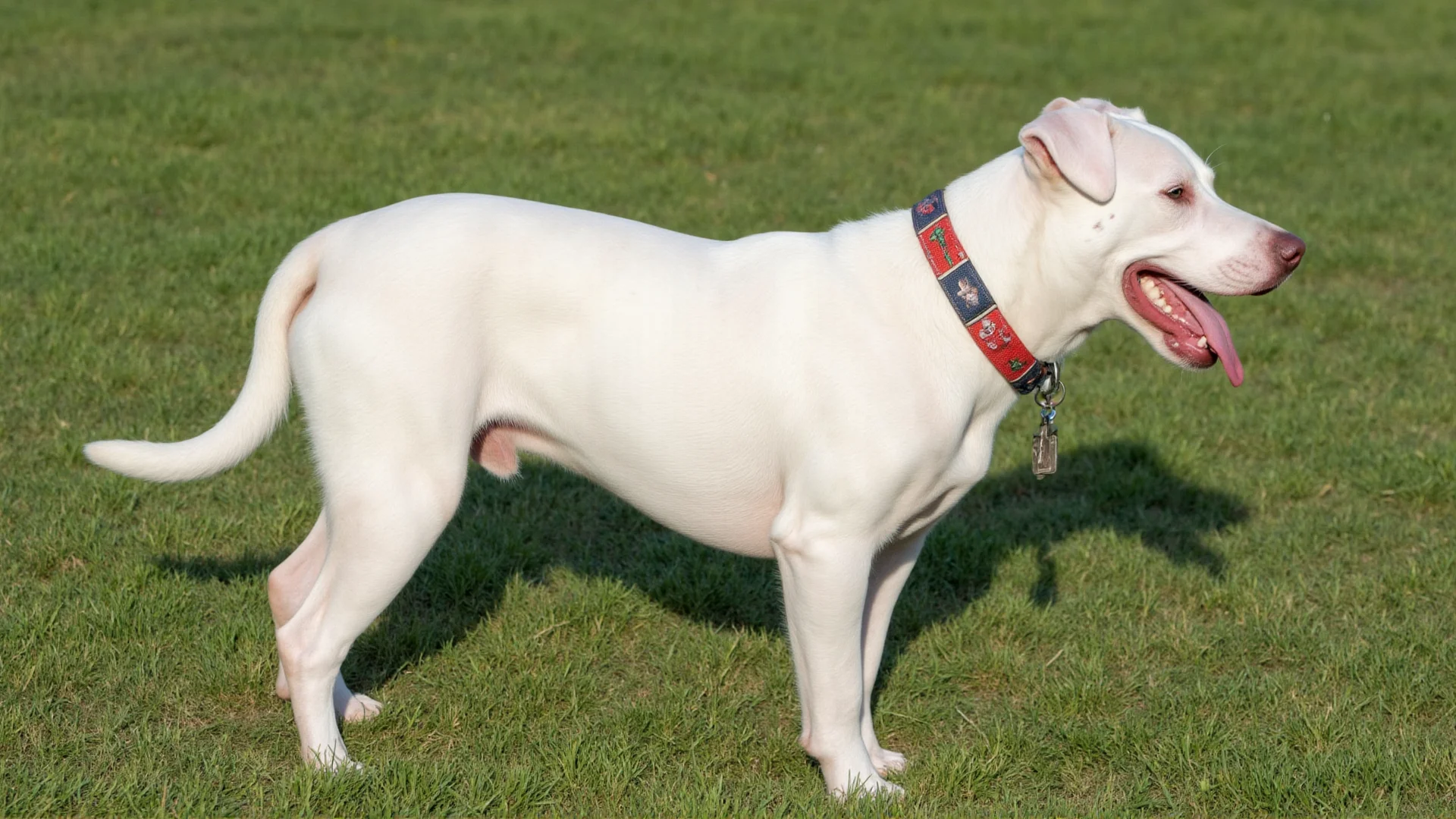The Basset Hound: Your Ultimate Hunting Companion Guide
With their distinctive appearance and exceptional scenting abilities, Basset Hounds have been prized hunting companions for centuries. These low-slung hounds combine incredible tracking skills with a gentle, patient temperament that makes them ideal for both field work and family life.
The Rich Hunting Heritage of Basset Hounds
Originally developed in France during the 16th century, Basset Hounds were specifically bred for hunting small game in dense undergrowth. The word "basset" comes from the French word "bas," meaning low, which perfectly describes their distinctive short-legged build. This unique physical characteristic wasn't accidental – it was deliberately cultivated to create a hunting dog that could move slowly and methodically through thick cover while following scent trails.
French hunters needed a dog that could track game at a pace that allowed hunters on foot to keep up, unlike their faster cousins, the running hounds. The Basset Hound's deliberate pace and incredible stamina made them perfect for this role, and their popularity quickly spread throughout Europe and eventually to North America.
Exceptional Scenting Abilities: Nature's Perfect Tracker
What truly sets Basset Hounds apart as hunting dogs is their extraordinary scenting ability. With over 220 million scent receptors – compared to a human's mere 5 million – these dogs possess one of the most powerful noses in the canine world, second only to the Bloodhound.
Physical Features That Enhance Scenting
- Long, drooping ears: These sweep scent particles toward the nose as the dog moves
- Wrinkled face: Facial wrinkles help trap and concentrate scent molecules
- Low build: Keeps the nose closer to the ground where scent trails are strongest
- Large nostrils: Allow maximum air intake for scent processing
This combination of physical traits makes Basset Hounds incredibly effective at following even the faintest scent trails, sometimes picking up tracks that are hours or even days old.
Hunting Applications and Game Specialties
Basset Hounds excel at hunting various types of small to medium game, making them versatile companions for different hunting scenarios.
Primary Game Types
Rabbit Hunting
Perhaps no game is better suited to the Basset Hound's hunting style than rabbits. Their methodical pace allows rabbits to stay just ahead, often circling back to areas where hunters can position themselves for clean shots. The Basset's persistent tracking ensures that wounded game is rarely lost.
Hare Hunting
The deliberate pace that makes Bassets excellent rabbit dogs translates perfectly to hare hunting. Their ability to maintain steady pressure on hares without overwhelming them creates ideal hunting conditions.
Pheasant and Upland Birds
While not traditional bird dogs, Basset Hounds can be effective at tracking wounded upland birds. Their ground-scenting ability helps locate downed birds that might otherwise be lost.
Pack Hunting vs. Solo Work
Basset Hounds can work effectively both in packs and as individual hunters. Pack hunting amplifies their natural abilities, as multiple dogs can cover more ground and maintain pressure on game. However, a single well-trained Basset can be incredibly effective for hunters who prefer a more intimate hunting experience.
Training Your Basset Hound for Hunting
While Basset Hounds have natural hunting instincts, proper training is essential to develop these abilities into reliable hunting skills.
Early Development (8-16 weeks)
Start with basic obedience training, focusing on commands that will be crucial in the field:
- Come: Essential for recall in hunting situations
- Stay: Important for positioning and safety
- Heel: Useful for controlled movement to and from hunting areas
Scent Introduction (4-6 months)
Begin introducing your Basset to the scents they'll be tracking. Use drag trails with rabbit or hare scent, starting with short, simple trails and gradually increasing complexity. Always end training sessions on a positive note with the dog successfully following a trail to its conclusion.
Field Training (6+ months)
Once basic scent work is established, begin field training in hunting environments. Start in contained areas where you can control variables and gradually progress to more challenging terrain and conditions.
Key Training Tips:
- Be patient – Bassets learn at their own pace
- Use positive reinforcement consistently
- Keep training sessions relatively short to maintain focus
- Practice in various weather conditions and terrains
Essential Hunting Gear for Basset Hounds
Proper equipment enhances both safety and effectiveness when hunting with Basset Hounds.
Safety Equipment
- Hunter orange vest: Essential for visibility in the field
- GPS collar: Helps track your dog's location during hunts
- Bell collar: Provides audible location information
- First aid kit: Include items specific to canine injuries
Performance Gear
- Quality hunting collar: Durable and comfortable for extended wear
- Long training lead: For controlled training exercises
- Protective boots: For rough terrain or thorny cover
- Water and food bowls: Collapsible versions for field use
Health Considerations for Hunting Bassets
Maintaining your Basset Hound's health is crucial for safe and effective hunting.
Common Health Concerns
Back Problems
The Basset's long back and short legs make them susceptible to disc problems. Maintain proper weight, provide regular exercise, and avoid activities that put excessive strain on the spine.
Ear Care
Those beautiful long ears that enhance scenting ability also trap moisture and debris. Regular cleaning and inspection are essential, especially after hunting in wet or dirty conditions.
Weight Management
Basset Hounds tend to gain weight easily, which can exacerbate back problems and reduce hunting stamina. Monitor food intake and ensure adequate exercise.
Pre-Hunt Health Checks
- Inspect paws for cuts or foreign objects
- Check ears for signs of infection or irritation
- Ensure vaccinations are current
- Verify tick and flea prevention is up to date
Seasonal Hunting Strategies
Different seasons present unique opportunities and challenges when hunting with Basset Hounds.
Fall Hunting
Ideal conditions for Basset Hounds, with cooler temperatures that prevent overheating and falling leaves that don't interfere with ground scenting. This is prime rabbit and hare season in most regions.
Winter Hunting
Snow can actually enhance scenting conditions while providing clear tracks to follow. However, monitor your Basset for signs of cold stress and consider protective gear for paws.
Spring Hunting
Be aware of nesting seasons and hunting regulations. Wet conditions can make scenting more challenging but also help preserve scent trails longer.
The Basset Hound's Temperament in Hunting Situations
Understanding your Basset's temperament is key to successful hunting partnerships.
Natural Traits
- Persistence: Once on a trail, Bassets rarely give up
- Independence: Can work effectively with minimal direction
- Gentleness: Less likely to damage game during retrieval
- Patience: Won't rush or panic in challenging situations
Managing Stubbornness
Basset Hounds are known for being somewhat stubborn, which can be both an asset and a challenge in hunting situations. Their determination helps them stay focused on difficult trails, but it can also make them less responsive to commands when they're "on scent."
Work on building a strong bond and trust with your Basset through consistent training and positive experiences. This foundation will pay dividends when you need their attention in the field.
Conclusion: The Perfect Hunting Partnership
Basset Hounds offer a unique combination of exceptional scenting ability, gentle temperament, and unwavering determination that makes them outstanding hunting companions. While they may not be the fastest or most versatile hunting dogs, their specialized skills and methodical approach make them unmatched for certain types of hunting.
Success with a Basset Hound requires patience, understanding, and appreciation for their distinctive hunting style. When properly trained and cared for, these remarkable dogs will provide years of reliable service and memorable hunting experiences.
Whether you're a seasoned hunter looking to add a Basset to your kennel or a newcomer to hunting considering your first hunting dog, the Basset Hound deserves serious consideration. Their combination of natural ability, trainability, and wonderful temperament makes them not just effective hunting partners, but beloved family members who happen to excel in the field.
